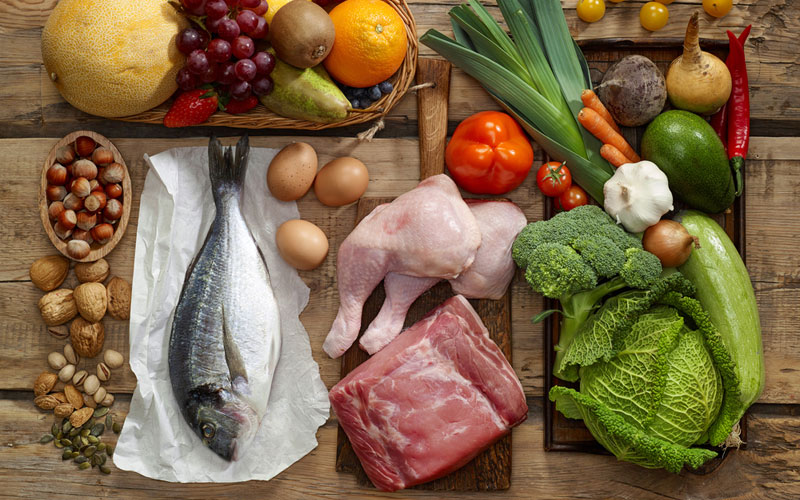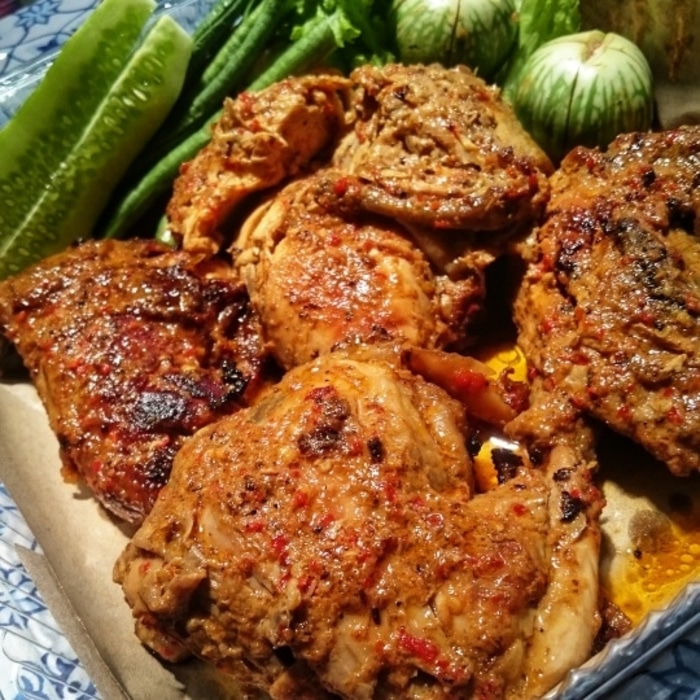Do you want to know about paleo diet?

The paleo diet is a hugely popular diet trend these days.
The name itself reminds us of paleontology, a scientific study of life that existed millions years ago. In fact, this diet is inspired from it. The theory behind of paleo diet is eat like caveman. How is it possible? Here we will elaborate all about paleo diet for you.
Defining paleo diet
The focus of paleo diet is eating natural, real food that is widely available with little or no processing. Also called the Stone Age diet or the Caveman Diet, it’s basically a high-protein, high-fiber eating plan that promises you can lose weight without calorie counting and portion control.
Lorein Cordain, PhD, who wrote the book on The Paleo Diet, claims that by eating like our prehistoric ancestors, we’ll be leaner and less likely to get diabetes, heart disease, cancer, and other health problems.
Paleo diet menu
The paleo diet runs on the same foods our hunter-gather ancestors supposedly ate: meats, seafood, vegetables, fruits, and nuts. Aside from those foods, you can also eat eggs and healthier oils, including olive oil and coconut oil. Cordain stated that this diet lessens the body’s glycemic index, has a healthy ratio of saturated-to-unsaturated fatty acids, increases vitamin and nutrient consumption, and contains an optimal balance of protein, fat, and carbohydrates.
You can’t eat any processed food on this diet, so cereal grains, legumen, dairy, refined sugar, salt, potatoes, and refined vegetable oil must be excluded from your grocery list. This also means no naughty snacks such as cakes, pies, biscuits, or chocolates.
How it works
Our body’s preferred source of energy is fats, as it is a slow burning fuels and it’s more efficient for our body to use. However, since most of our diets are high in carbohydrates, our bodies burn carbohydrates rather than fat. When we take in more carbohydrates than are needed for energy, our bodies store the rest as fat for later use (when we don’t eat for weeks).
However, it is quite impossible for us to not eat for weeks. We almost never have to use our fat stores for energy, so instead of eventually burning the fat, we add to it over and over again (by eating regularly, with regular diet). This is why obesity happens.
Paleo diet removes these simple carbohydrates in our diet. So, our body will be forced to burn fat,—which later leads to weight loss. Simple, isn’t it?
Effort levels
There’s no calorie counting and portion limitation in paleo diet, and the foods allowed for this diet will definitely fill you up. It also allows for some cheating, especially for first-timers. You can eat as you like three times a week (for the few first weeks), and gradually challenge yourself to just one cheating per week.
Since processed and packed foods are not allowed, you will need time to plan your menus and cook the food from scratch (if needed). You may also need to spare more budget as you need to buy more meats, seafood, eggs, fruits, and healthy oils to support your diet.
Cordain suggests that exercise is not required when you’re losing weight with paleo diet. However, he strongly recommends it to maintain weight loss and for overall physical and emotional health.
Restrictions
As this diet emphasizes on meat and fish, this diet may not be suitable for vegans and vegetarians. Vegetarian’s sources of protein such as beans and other legumens are not allowed in this diet.
Cordain claims there are clinical trials that show a paleo diet can lower the risk of heart disease, blood pressure, and inflammation. This practice will also allow for weight loss, acne prevention, and optimum health and athletic performance. Eliminating salt and processed foods makes this low-sodium diet good for people with high blood pressure.
However, it is always wise to check with your doctor before starting on this plan.
The cons
Nothing is perfect, so is paleo diet. Many nutrients of paleo’s banned foods are actually good for you. Legumens, whole grains, and dairy—which all are forbidden on the paleo diet—can help to lower the risk of osteoporosis and cardiovascular disease, reduce blood pressure, and promote a healthy weight.
Paleo diet also has too much protein (in paleo diet, protein is commonly recommended as a substitute for carbohydrates). Excessive protein consumption may actually be detrimental to your health.




